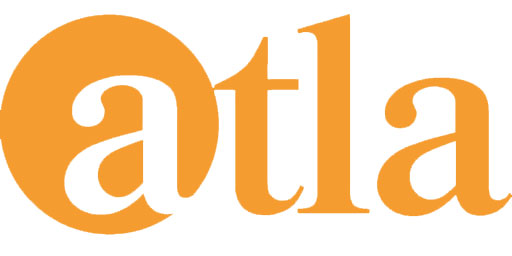A Last Will and Testament or, more simply, a Will, is a simply a set of instructions for the distribution of your property when you pass away. This is important because it ensures that your assets will be distributed accordingly to your wishes.
Without a Will, your assets will be distributed pursuant to your state’s intestacy laws (laws that govern those who die without a will) and your assets could end up in the hands of someone that you did not intend and, in some circumstances, could potentially end in up in the hands of the state.
Not only does a Will direct the distribution of your assets upon your death, it also can name your executor who will administer the distribution of your assets, name a guardian of your children, state your funeral wishes, establish trusts for the future of administrator of your assets for the benefit of a beneficiary, i.e. a child who you don’t want to receive all of his or her inheritance at once, and also can assist with tax planning for your estate.
A properly planned and executed estate plan, including a Will, is a godsend to your loved ones in carrying out your wishes in an already difficult time.
Our site is for educational purposes only, as well as to give general information and a general understanding of the law and our firm. Our site is not intended to provide specific legal advice. Use of our site does not create an attorney client relationship between you and Hope, O’Dwyer, Wilson & Arnold, P.A. This site should not be used as a substitute for legal advice from a licensed professional attorney in your state.






